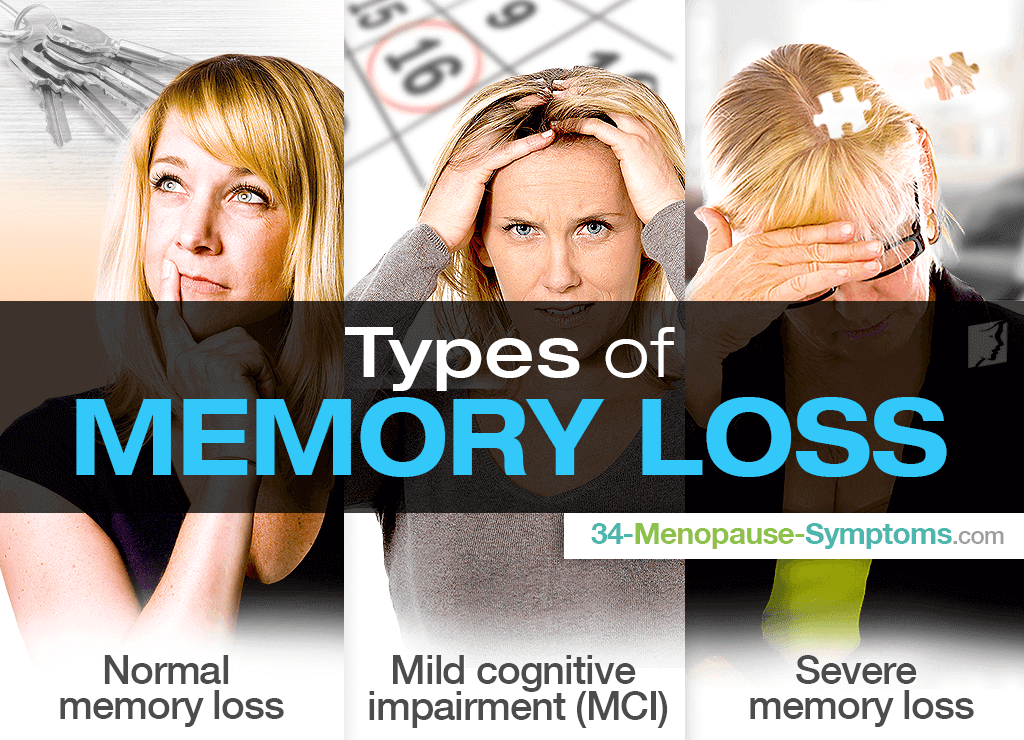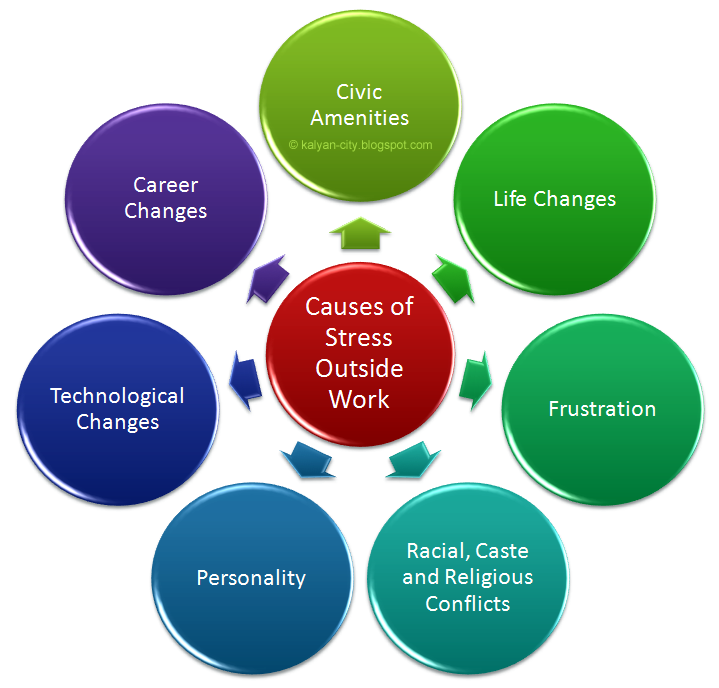Memory loss caused by stress
When should you worry about frequent forgetfulness?
We’ve all been there. You know what you want to say, but can’t remember the word. You forget the name of a favorite movie. You’re about to leave for an appointment, but you can’t find your car keys or phone.
Frequent forgetfulness or memory lapses often leave people worrying about dementia, diseases such as Alzheimer’s or other incurable, progressive conditions. But that’s not always the case.
“Forgetting why you walked into a room on occasion, difficulty recalling the name of someone you just met or having a word on the tip of your tongue that later comes to you is typically not concerning,” said Lyndsay Mentgen, APRN, with OSF HealthCare Illinois Neurological Institute. “However, if memory loss starts to affect daily functioning – for example, missing appointments or forgetting to take medications – further evaluation is recommended.”
Common causes
Many common conditions and even some substances can cause forgetfulness. Lyndsay shared some:
- Depression, anxiety and stress – “These are common causes of forgetfulness,” Lyndsay said. “Stress and mood disturbances can act as a distraction and make it difficult to focus, which can lead to memory problems.”
- Medications – These can include but aren’t limited to over-the-counter sleep aids, allergy medications, overactive bladder medications and pain medications (specifically narcotics).
- Sleep issues – “Insomnia or untreated sleep apnea can affect thinking and memory skills,” she said. “Healthy sleep practices, treating underlying causes of sleep problems or being evaluated for sleep apnea might help these symptoms.”
- Vitamin deficiencies or thyroid abnormalities
- Excessive alcohol consumption
- Chronic pain
- Vision or hearing loss
“These problems can give a false impression of memory loss,” Lyndsay said.
When it’s more than just forgetfulness
When someone experiences forgetfulness, their initial fear may be dementia.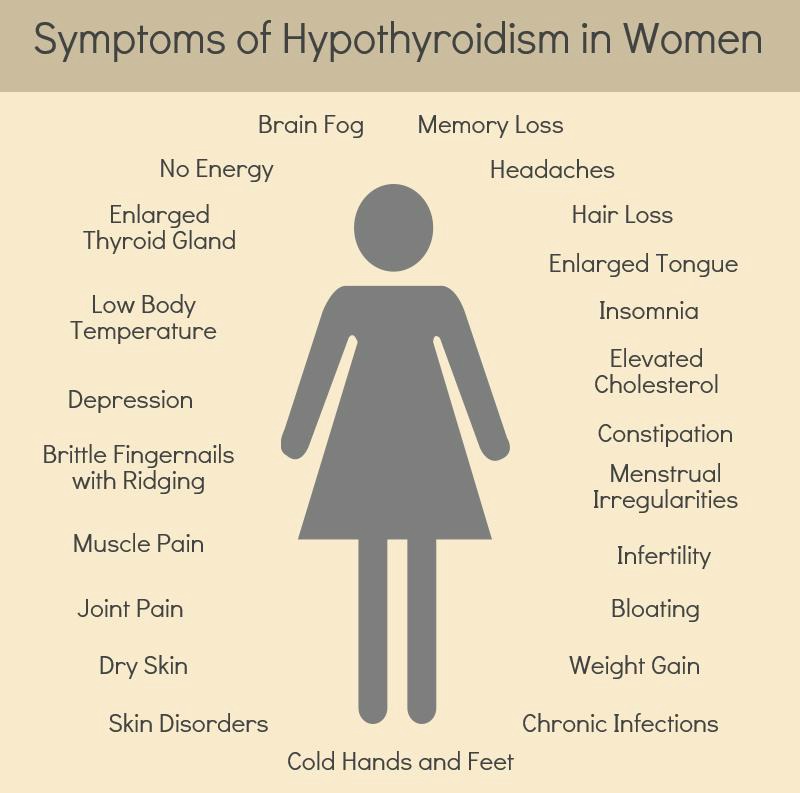
“A common misconception is that dementia is just a normal part of aging,” Lyndsay said. “But dementia is a loss in function that happens earlier or faster than what we see in normal aging.”
The most common cause of dementia over the age of 65? Alzheimer’s disease. Typical symptoms of Alzheimer’s disease include forgetting recent events or conversations, repetition or getting lost in familiar places. People who have Alzheimer’s disease usually don’t recognize that they are having these problems.
Another common cause of dementia is cerebrovascular disease, or damage to the blood vessels in the brain. This damage can be due to strokes and many of the same things that cause heart disease – for instance, poorly controlled high blood pressure, high cholesterol, diabetes and smoking.
While there is no way to reverse the damage that has been done, working to manage these conditions and healthy lifestyle changes can help to minimize the risk.
“No matter the cause of dementia, when there is memory loss, safety is a primary concern,” Lyndsay said. “Monitoring how a person is managing their medications and finances and observing driving skills can help identify problems that could become early safety issues.”
“Monitoring how a person is managing their medications and finances and observing driving skills can help identify problems that could become early safety issues.”
What to expect
If you are concerned about forgetfulness in yourself or a loved one, making an appointment with your primary care provider is the first step. When you meet with your provider, having examples of your memory loss can be very helpful. You will also be asked about sleep habits, mood changes and physical changes such as dizziness, tremor or falls.
And don’t delay. Sudden memory loss or confusion could also indicate a more serious problem such as a stroke or serious infection.
“Screening tests for memory and other cognitive skills are an important part of an evaluation, but these tests alone do not give a diagnosis,” Lyndsay said. “Findings of your physical exam, blood work and brain imaging are also considered. Further testing may be recommended.”
Whether it’s concern for yourself or for a loved one, having another person at the appointment can help you share needed facts.
“It can be extremely helpful to have a friend or family member with you to provide an outside perspective of changes they may have seen,” Lyndsay said.
Preventing memory loss and forgetfulness
Living a healthy lifestyle is important for brain health. Some ways that you may be able to slow memory loss and cut down on forgetfulness are:
- Healthy eating – Lyndsay said the MIND diet is beneficial for brain health. The MIND diet incorporates the DASH and Mediterranean food plans, which encourage eating brain-protecting foods such as fish, chicken, nuts and green leafy vegetables while avoiding processed foods and foods high in sugar and saturated fat.
- Exercise – Even low-impact exercise like walking 30 minutes a day five times a week can help.
- Staying active cognitively – Try mentally stimulating activities like reading, playing games, solving puzzles or learning a new hobby. The more challenging, the better.
- Socializing (safely, of course) – Social isolation can cause unhealthy stress and lead to depression.
 Forming and maintaining strong connections helps reduce stress and improve mood.
Forming and maintaining strong connections helps reduce stress and improve mood.
“I would encourage anyone concerned about forgetfulness or any other change in their ability to function normally to see their primary care provider,” Lyndsay said. “Taking the steps to identify and manage reversible or treatable causes may improve memory and provide better health in general.”
March 22, 2021View all posts by Nancy Piccione
Tags: brain, depression, diet, sleep
Categories: Brain & Spine, Mental Health
Can Stress Cause Memory Loss?
Long-term stress leads to elevated stress hormones that may impact areas of your brain responsible for memory and focus.
When students study for an exam, the stress of performing well may be motivating initially. But experiencing that stress for too long could have an impact physically and mentally.
During stressful situations, it can be difficult to create short-term memories and make them long term.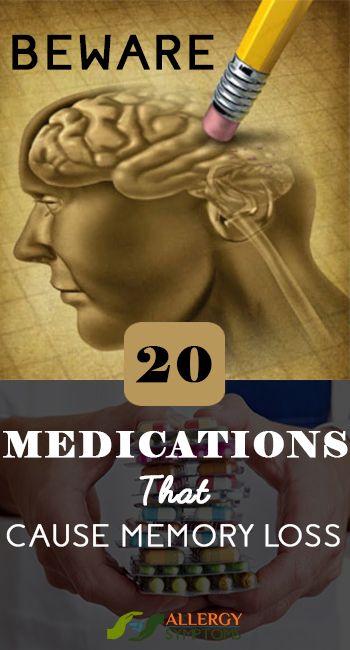 It’s hard to remember information while stressed.
It’s hard to remember information while stressed.
Chronic stress can alter the parts of the brain responsible for forming and recalling memories.
Stress can have positive and negative effects on memory. The difference lies in short-term or long-term stress, known as chronic stress.
“Short-term stress can help us with focus, energy, and attention,” says Ernesto Lira de la Rosa, a psychologist and the media adviser for Hope for Depression Research Foundation.
“It can help us get things done. This type of stress is useful for our survival as human beings. It can also positively contribute to our memory as this type of stress can enhance our attention and focus,” he says.
Our bodies are so good at helping us survive that they will adapt to our stressors, Lira de la Rosa says.
When you experience these stressors, your body shifts into a fight, flight, or freeze response, a physiological reaction to something your body has perceived as a threat. In these moments, our goal is to survive the situation at hand.
Lira de la Rosa also explains that our bodies can habituate to stress, and we may not be aware that our baseline has shifted to a chronic stress response.
During a chronic stress response, areas of the brain can be overstimulated, which can cause a person to forget what happened.
It explains why we may have difficulty recalling events when experiencing chronic stress. We may also have trouble focusing and remembering things over time.
“When you’re stressed, your body releases hormones that can interfere with your hippocampus’s ability to create new memories,” says Valentina Dragomir, a psychotherapist and founder of PsihoSensus. “Chronic stress can shrink the hippocampus, a brain region critical for memory formation.”
During stressful times, there are numerous things you can do to improve your memory. Stress can affect everyone differently, but various coping strategies may help you based on your unique experience.
Consider speaking with a healthcare professional who can support you in finding strategies that best fit your needs.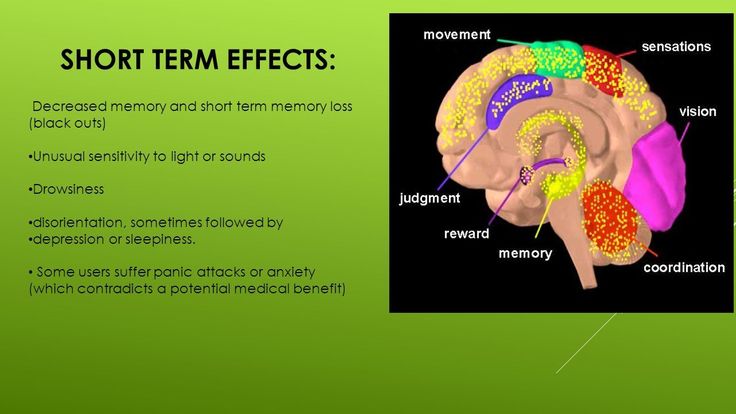 The following are some suggestions to consider.
The following are some suggestions to consider.
Try taking inventory of how you respond to stress
Lira de la Rosa recommends that you observe the following:
- Examine what effects stress has on your body (physical sensations), such as headaches, stomachaches, muscle tension, etc.
- How does stress impact your mindset (thinking), such as difficulty with focus, prioritizing, forgetfulness?
- Note how stress impacts your mood. Are you feeling irritable, sad, anxious, angry, emotionally drained?
- Examine how stress impacts your behaviors. For example, do you find yourself always in a hurry, eating too fast, not taking breaks, etc.?
Once you take inventory, you might begin to notice how stress impacts you across these four dimensions. This may help you address these areas to reduce stress and help with your memory.
Try this to-do list exercise
“When we’re stressed, we may not be able to get things done because we feel overwhelmed.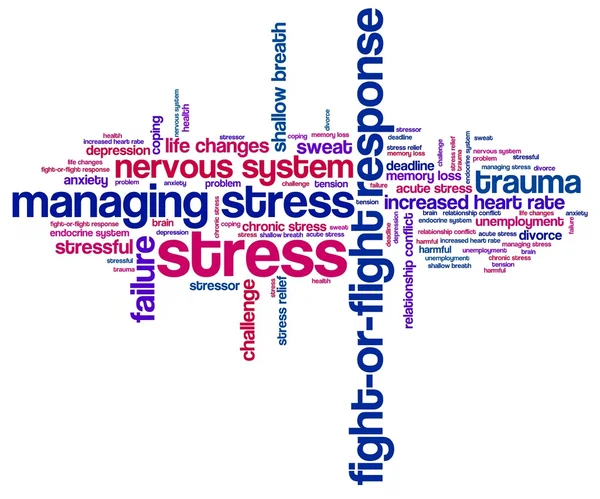 Or perhaps we may not be able to focus and concentrate due to the negative impact stress has on our memory,” Lira de la Rosa explains.
Or perhaps we may not be able to focus and concentrate due to the negative impact stress has on our memory,” Lira de la Rosa explains.
Consider the following to-do list exercise to help you prioritize the most important tasks to you.
Divide your to-do list into A, B, and C sections.
- In the “A” list, write down the most important tasks that should be done soon.
- In the “B” list, write down the less important tasks that can be done later.
- In the “C” list, write down the least important tasks that can be done quickly and easily.
Work through the A, B, and then C tasks in order.
Consider having a separate sheet of paper and keep track of distractions that may arise. Every time you’re distracted, write down the distractions on this sheet.
Once you are finished with your A, B, and C tasks, you can then add the distractions to your to-do list. This to-do list can help with your memory, especially if you find yourself easily distracted and forgetful when trying to accomplish tasks.
Consider prioritizing time to care for you
When we’re stressed, exploring what fills our cups can help us cope with stressors. Consider thinking about what helps you feel recharged.
If you like, you can write down the activities that recharge you and observe how engaging in these activities makes you feel. This exercise may help improve your memory and reduce your stress.
You may also consider breaking it into different categories, such as:
- leisure time
- relationships
- health
- work
- education
- volunteering
Try eating a balanced diet
Taking care of your body is essential. Consider incorporating stress-relieving foods into your daily meals to help you manage your stress levels.
“Make sure that adequate nutrition is being consumed,” Dragomir recommends. “This is how you support your body with enough nutrients that are also useful for memory and cognitive function overall.”
Consider practicing healthy coping mechanisms
When you’re feeling overwhelmed by stress, it can be hard to focus and think about anything else. An effective way to reduce your stress levels is to practice relaxation techniques such as deep breathing or meditation.
An effective way to reduce your stress levels is to practice relaxation techniques such as deep breathing or meditation.
“Relaxation techniques decrease overall levels of stress,” says Dragomir. “So, when you feel stressed, breathe. One very popular breathing exercise is to inhale through your nose counting to 4, and exhale through your mouth counting to 6.”
Try to get more rest
It may be difficult to concentrate and remember things when you’re tired and don’t get enough REM or deep sleep.
“Getting adequate sleep will help improve your focus and memory recall. An average of 8 hours of sleep per night is recommended for best results,” Dragomir states.
The relationship between stress and memory can be complex. While experiencing mild stress can work in your favor — helping you store and retrieve information — too much stress can impact your memory and focus.
Still, the effects of chronic stress on the brain can be mitigated with stress reduction techniques.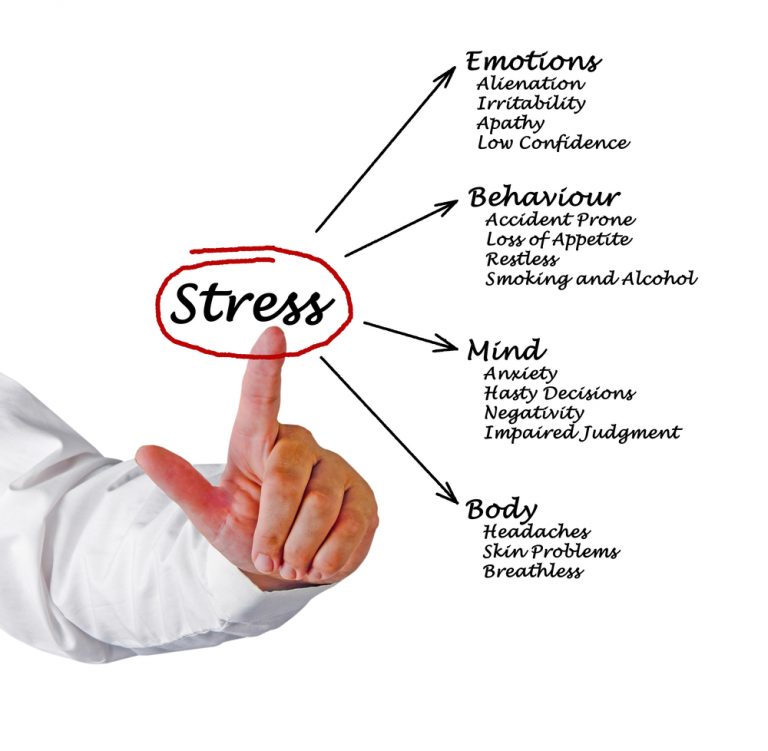 Taking care of your body with proper nutrition and rest and taking care of your mind with relaxation techniques can help with cognitive function and memory recall.
Taking care of your body with proper nutrition and rest and taking care of your mind with relaxation techniques can help with cognitive function and memory recall.
You may also consider online therapy or mental health apps to discover ways to be supported during stressful times.
Stress Memory Loss: Symptoms, Causes and Recommendations
Stress Memory Loss: Helpful Guide. Why do some people forget the simplest things because of stress? Find out what are the symptoms and causes of memory loss and lapses due to stress, how stress affects our memory and brain, and when to start worrying. We will also give some recommendations and exercises to avoid memory problems in stressful situations.
Memory loss due to stress Stop for a moment and remember your first kiss , your wedding day, the day the Berlin Wall fell, the day Lady Di died, September 11, the day of the car accident... All these moments, both good and bad, remain forever in our memory.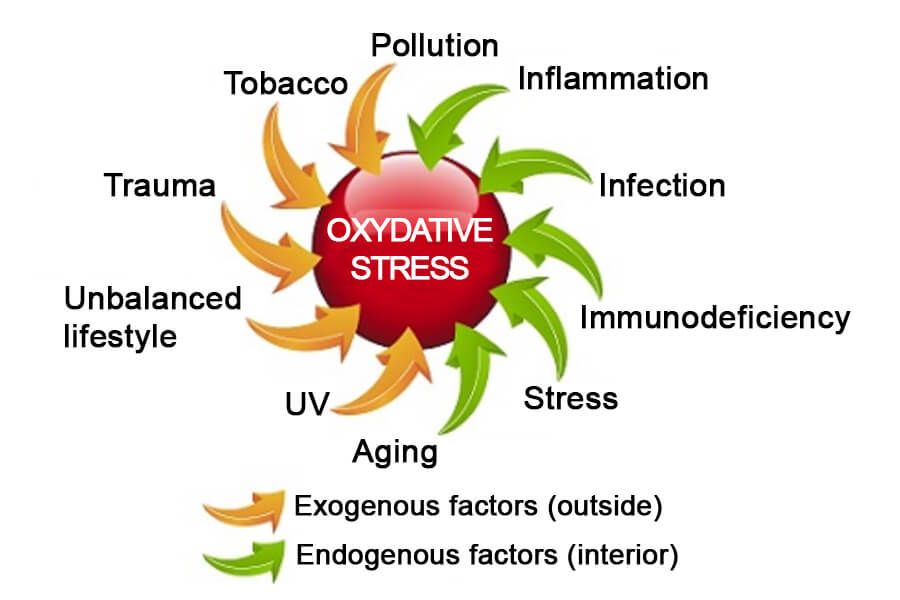 However, it is unlikely that we will remember what happened the day before these events. As we can see, stress in certain situations can even improve memory.
However, it is unlikely that we will remember what happened the day before these events. As we can see, stress in certain situations can even improve memory.
However, at the same time, we all have other experiences. Entering the hall, crowded with people waiting for our report or presentation, we suddenly realize that important data that we wanted to use in the speech “flew out of our heads”. Or we pass an important exam, and suddenly our thoughts begin to get confused, we cannot remember the answer to the question asked. Or imagine a situation when next to you is a person who you really like, or his family. They ask you questions and you feel stupid, you are confused, because you are so nervous that you are not even able to tell the simplest things about yourself.
Short-term mild or moderate (acute stress) stressors (micro- and macro-stressors) or factors that cause stress improve memory, while severe and long-term stressors (chronic) are harmful to our memory and provoke its loss.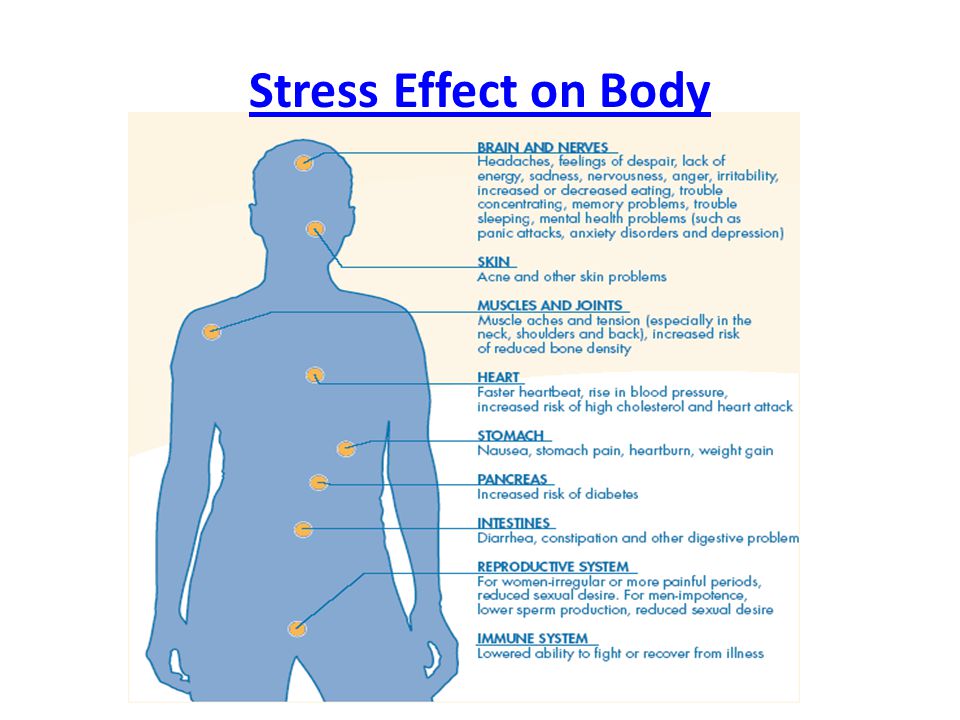
Contents
“I am under severe stress and have noticed significant memory loss. I don't remember the simplest things. Feeling that my brain is so tired that it is not able to remember dates, numbers and even details of conversations. When I try to remember them, they simply do not stay in my memory and quickly fly out of my head. I have always had a good memory and this is not normal for me. It seems to me that the brain is constantly clouded. Something is wrong, I'm worried."
One of the most common causes of memory loss is stress. However, unexpected memory lapses can be symptoms of a neurodegenerative disease or dementia, such as Alzheimer's disease. Therefore, it is extremely important to undergo a differential diagnosis from a qualified specialist.
Do you want to improve memory, attention and other cognitive functions in yourself and your child? Train your core brain skills with CogniFit Personal Cognitive Training! The program automatically identifies the most impaired cognitive functions and suggests a training regimen that is right for you! Train regularly 2-3 times a week for 15-20 minutes, and after a few months you should be able to see improvements.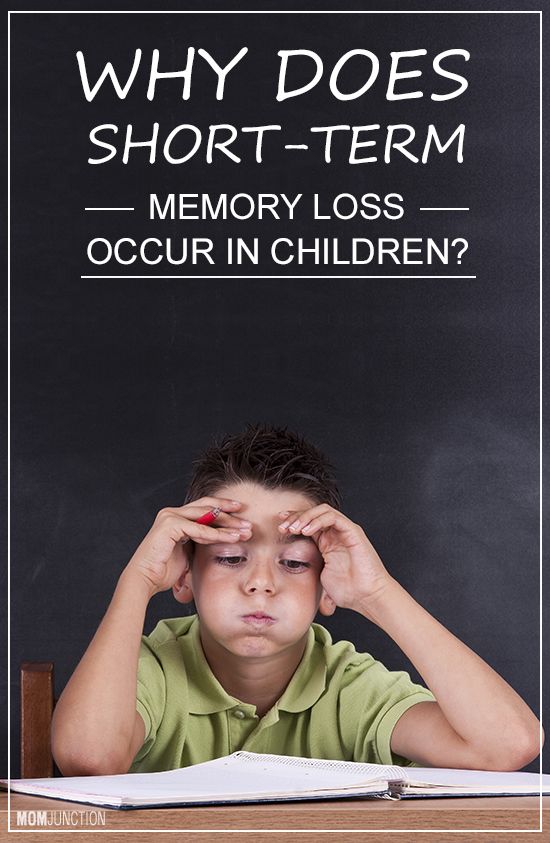 The program is recommended for children over 7 years old and adults.
The program is recommended for children over 7 years old and adults. Various studies have shown that stressful situations release cortisol (a glucocorticoid or glucocorticoid hormone of a steroid nature), which can cause memory loss.
This video explains very clearly what happens in our brain when we can't remember something. Don't forget to turn on subtitles in Russian.
Memory loss due to stress can occur in different ways:
- Minor lapses in memory. Happens every day and is not significant. For example, when we forget the keys or don't remember where we left our mobile phone or TV remote control, or when we go to the store and forget to buy something from the list, etc.
- Significant lapses in memory. For example, when we forget the names of people we know well or addresses where we often go, phone numbers that we often dial, or the pin code of our bank card that we use all the time, etc.
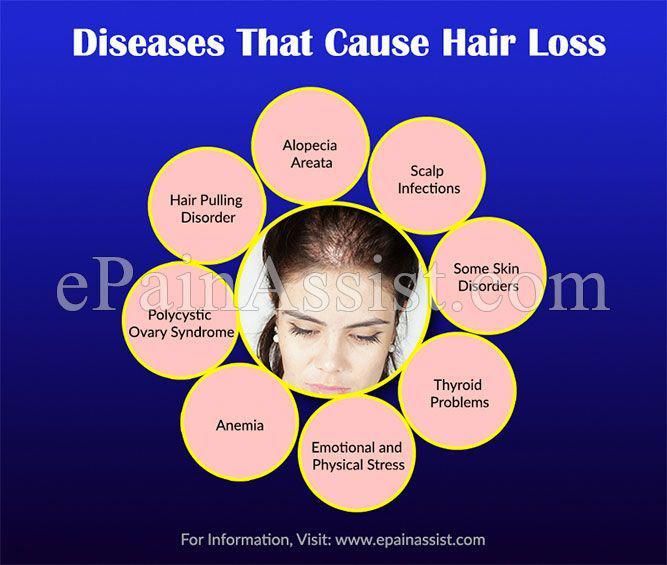
- Serious lapses in memory. This is memory loss caused by severe intense stress - chronic. It may be the result of a traumatic situation or circumstance experienced. Learn what chronic stress is. This memory loss can greatly affect our lives. A person can forget important moments or even entire episodes of his life, not remember his age or even his name.
Why Chronic Stress Causes Memory Loss
The relationship between stress levels and productivity/memory can be explained using the Yerkes-Dodson Law, also known as the Inverted U Theory.
This effect is also known to educators as inverted U effect . It is as follows: under mild to moderate stress, our memory “improves”, but up to a certain point, after which an increase in the level of anxiety and stress leads to a “weakening” of memory.
According to the “Glucocorticoid Cascade Hypothesis” (R. Sapolsky, 1986), chronic stress can cause changes in the brain, as a result of which the axis responsible for our responses to stress (hypothalamus-pituitary-adrenal axis) loses control over the situation.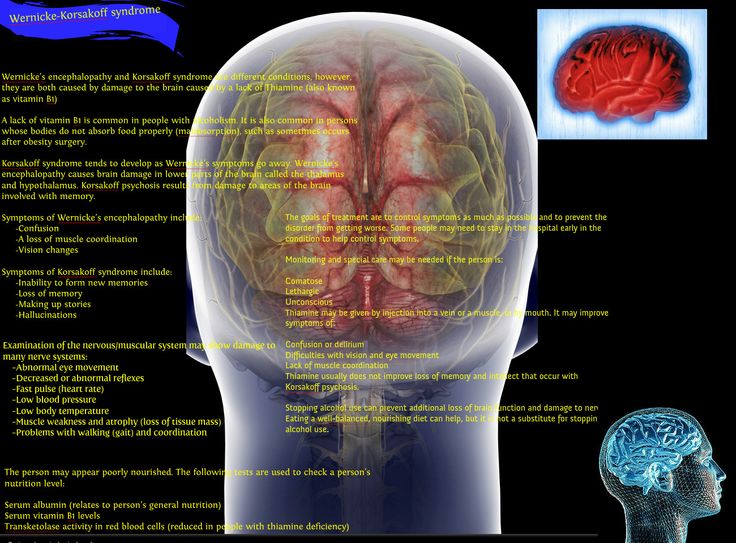 Not so long ago, this hypothesis was renamed and received the name " Neurotoxicity Hypothesis “.
Not so long ago, this hypothesis was renamed and received the name " Neurotoxicity Hypothesis “.
Among the areas of the brain responsible for memory and learning, an important role is played by the hippocampus, which has specific glucocorticoid receptors, so it is very sensitive to them. Glucocorticoids help to mobilize the energy resources necessary for the body to withstand possible stressful situations. However, excess cortisol leads to brain atrophy.
Recently, studies have been conducted that, using neuroimaging techniques, have shown a decrease in the size of the gray matter of the hippocampus in people who have suffered from hypercortisolemia (chronic excess of cortisol) for many years due to their disease (Cushing's syndrome). Thus, stress affects memory and learning, which are closely related to the hippocampus, although to this day the complex functioning of this region of the brain is not fully understood.
Thus, the hyperactivity of the hypothalamus-pituitary-adrenal axis is, on the one hand, a consequence of the daily accumulation of stimulating signals due to a stressful situation, and on the other hand, it is maintained by the negative effect of glucocorticoids. Thus, diseases such as anorexia, weight loss, etc. may indicate a state of chronic stress in a person suffering from them.
Thus, diseases such as anorexia, weight loss, etc. may indicate a state of chronic stress in a person suffering from them.
Factors and causes of memory loss during stress
Chronic stress can cause a person to be unable to adequately respond to environmental stimuli.
Retaining and remembering information requires attention and concentration. This is necessary so that our brain can correctly process information and store it in memory. If the processes of attention are disturbed, it will be difficult to remember the information.
When we are overly anxious or irrationally afraid, even when we are obsessed with something, the process of collecting, storing and retrieving information (memory) can be impaired.
In addition, chronic stress can be caused by the daily desire to meet the requirements and obligations, multitasking, high expectations and demands on ourselves at work, and we do not even realize it.
Memory loss due to stress is also associated with insomnia, lack of sleep and depressed mood.
In general, there are various causes of memory loss due to stress:
- Traumatic episodes: these events are imprinted in our memory. We can play the same scene over and over again in our minds until other memories are erased from memory. In the most severe cases, this leads to PTSD.
- Excessive anxiety : when we worry too much, our attention and thoughts are focused on the same thing. Therefore, it is very difficult for us to perceive and process other information.
- Generalized Anxiety Disorder or GAD: This disorder can develop if a person is stressed and nervous for at least 6 months.
- Panic disorder and panic attacks: sufferers experience acute symptoms of anxiety. Often in such situations, memory is also impaired.
- Obsessive Compulsive Disorder or OCD: with this disorder, a person feels the need to perform rituals (compulsions) that calm him down and give confidence, he cannot refuse them even if he wants to.
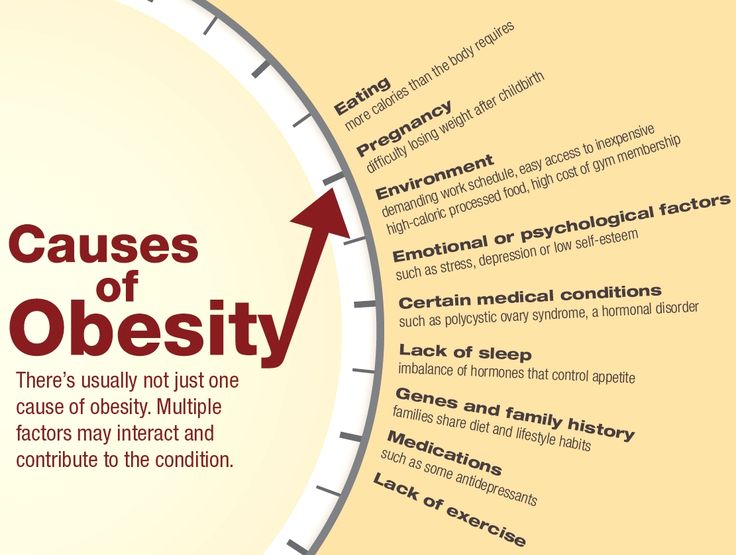 Therefore, attention is completely focused on this type of memories (realization of compulsions).
Therefore, attention is completely focused on this type of memories (realization of compulsions).
Relationship between stress and memory
In this article, I would also like to point out the positive impact of stress on our lives, because thanks to it we are active and can perform many necessary tasks and tasks every day.
First of all, it should be noted that the symptoms of stress are an adaptive response of our body, aimed at helping us cope with various situations. Therefore, stress in and of itself is not “bad.” Imagine that you are standing in the middle of the African savanna and suddenly notice that a running lion is approaching you at great speed. What is happening at this moment? Your heart starts pounding, your breathing quickens, your muscle tone builds... you take off and run to the nearest tree and luckily you manage to climb up and escape.
Thus, stress performs an adaptive function, which is activated as the first response in an extreme situation when it is necessary to survive.
In everyday life, of course, we do not encounter lions on the street every day, but this does not mean that we are not exposed to various dangerous situations.
"In our privileged lives, we are the only animals smart enough to invent certain stressors for ourselves, and the only ones stupid enough to let them rule our lives." Robert Zapolsky, Why Zebras Don't Get Ulcers, The Stress Guide, 2004.
Chronic stress is associated with memory loss and numerous health problems such as: fatigue, headache, high blood pressure, eating disorders, gastrointestinal disorders, emotional problems, weakened immune system, etc.
How to avoid memory loss due to stress: 10 practical tips
Today, thanks to numerous studies, it has become known that how we respond to and overcome various problems and situations that arise is the most important factor in determining the effects of stress. Therefore learning active coping strategies will help prevent possible memory problems due to stress.
So, how can you deal with memory loss under stress?
- 1. Find different ways to solve the same problem. To do this, think about what exactly in this situation is the cause of stress, and how you can solve it. As you find different options, your stress level will begin to decrease significantly, as you will no longer present this problem as a “no-win situation with no solution”.
- 2. Try to focus on the present moment and try to be in nature, at least once a week.
- 3. Take time for yourself listen to your needs and needs every day.
- 4. At least a couple of times a week, meet your friends, laugh and have fun (Laughter has been proven to be a very powerful "anxiolytic").
- 5. Go in for sports. This is a great way to get your body in order on a hormonal level and get rid of toxins naturally.
- 6. Rest the recommended number of hours and, if possible, sleep during the day.
 Proper rest helps to strengthen our memory.
Proper rest helps to strengthen our memory. - 7. Eat a balanced diet. The diet should be rich in nutrients and vitamins for the brain.
- 8. Forget about multitasking, about doing 200 things at once. Finish what you started first, and only then proceed to the next task. This way you can concentrate and focus your attention on what you are doing (in this case, you are less likely to forget where you put your glass of water when you answered the phone, etc.)
- 9. Practice relaxation techniques and/or breathing exercises. It has been proven that these techniques have a very positive effect on our body on a physiological level, and that maintaining an optimal level of activation allows us to increase the performance of our memory.
- 10. Train your memory and concentration. Clinical cognitive testing programs have now been developed to assess your cognitive state and improve cognitive impairment through fun games and brain exercises.
 CogniFit is one of the most famous and used cognitive stimulation programs.
CogniFit is one of the most famous and used cognitive stimulation programs.
However, if you are seriously concerned about possible memory loss due to stress, you should see a specialist for diagnosis and treatment. Your family doctor and/or psychologist can help you find the right solution for your problem.
Thank you for reading the article. As usual, we welcome questions and comments.
“Often…we think we are locked up in a prison, but we are not. There is no lock on the door of this prison." Katherine Rambert.
Translated from Spanish by Anna Inozemtsev a
Tania Pérez Calleja
Psicóloga General Sanitaria con especialidad en clinica y salud, neurociencia y neuropsicologia.
Gran apasionada de la relación existente entre el cerebro-comportamiento-emociones.
Defensora del “buen hacer” para así poder ayudar mejor cada día a las personas. Y por ello, en continua motivación por aprender y transmitir conocimientos, relacionados con estas áreas, a todos los publicos.
Health estrés, salud, salud cerebral, health, brain health, memory loss, stress
Fundamental guide to know
Our brain uses different structures to work with existing types of memory. There are two main types of memory: short-term memory and long-term memory. Although dysfunctions of both types of memory are possible, we will focus on Long-Term Declarative Memory.
- Short-term memory The stores a limited amount of information for a short period of time.
- Long-term memory stores a large amount of complex information for a long time. This is what is usually called "memory". In turn, there are two types of Long-term memory: Non-declarative or Implicit Memory (cycling, driving) and Declarative or Explicit memory, used to remember our personal experience or knowledge about the world (what is the name of my relative, where I left clues as to who is in charge of my country, what happened five minutes or five months ago).

What is memory loss and symptoms
When we forget something, we usually don't "lose" the memory itself, but our brain "can't find a way" to what we're trying to remember. This "pathological" loss of memory is called amnesia. Here are some symptoms of memory loss:
- Often lose personal items.
- It's hard to find the right words.
- Asking repeated questions in a conversation or telling the same story over and over.
- Forgetting whether or not you have done something, such as taking medicine.
- Become disoriented or lost in familiar places.
- Confuse year or day of the week.
- Forget about meetings or events.
- Have difficulty making decisions or following instructions.
Types of memory loss: Transient and Permanent
Memory loss can manifest itself in two forms: temporary (transient) and permanent (permanent) memory loss.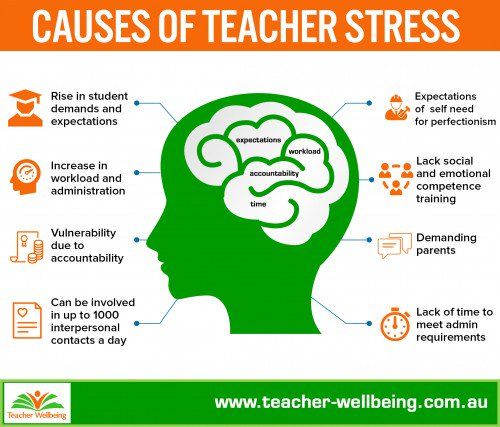
- Transient or temporary memory loss is a temporary forgetting of information that is restored in our memory after a while. If we cannot remember the name but then remember it an hour later, or if we wake up in the morning and cannot remember what happened the night before after drinking alcohol, this is considered a temporary memory loss.
- Permanent or permanent memory loss is information that we lose and cannot recover. If we fail to remember, even if we are reminded of it by the other person where we left the keys to the house, or if we forget about the meeting with the brother made the night before, we are dealing with permanent memory loss.
Causes of memory loss: medical, emotional and age-related problems
There are several factors that can lead to involuntary memory loss in both young and old age. Many of these factors are not due to poor memory performance, but due to the interference of other cognitive abilities (such as attention) or certain substances (such as drugs).
- Memory loss due to health problems which, in most cases, are treatable: side effects of certain drugs, an unbalanced diet with a reduced content of vitamins B6, B9 and B12 can lead to temporary memory loss, alcohol abuse, thyroid, kidney or liver diseases, lack of oxygen in the brain (as stroke), the effects of traumatic brain injury (head trauma), cancer treatment (chemotherapy or radiation therapy), brain tumors or infections, emotional problems (such as depression), and anxiety (such as post-traumatic stress).
- Loss of memory due to stress, anxiety and other emotional problems : In addition, stress, anxiety and some of the consequences of strong emotions such as anger can cause forgetfulness. If we're in a car accident, stress can make us lose our memories of what happened that morning. But typically, these memory losses occur because we focus on threatening stimuli and remove less meaning from our surroundings. Thus, we can remember what caused us these strong emotions, but we cannot recall all the events that occurred during this time.
 This occurs in the case of Post Traumatic Stress Disorder and Obsessive-Compulsive Disorder. In these disorders, the person is so focused on the emotional episode or object of obsession that he ultimately does not remember anything except for this stimulus.
This occurs in the case of Post Traumatic Stress Disorder and Obsessive-Compulsive Disorder. In these disorders, the person is so focused on the emotional episode or object of obsession that he ultimately does not remember anything except for this stimulus. - Memory loss with age and normal aging : Although forgetfulness and memory disorders do not occur exclusively in older people, it is true that these people are more susceptible to such problems. With age, the ability to learn and the quality of memory can deteriorate even without the presence of any pathology. However, when these problems become more severe than usual, we may speak of mild cognitive impairment or, in more severe impairments, dementia.
- Memory loss due to emotional problems in the elderly: It is common for older people to feel lonely when they lose loved ones or not feel useful when they retire. Given these changes, it is normal that some of the older people suffer from emotional disorders such as depression.
 Depressed older adults may experience feelings of memory loss more often and confuse these symptoms with Alzheimer's disease or other memory problems. Depression can cause serious memory problems in both the elderly and young people, but in the case of older patients, it is very important to conduct an appropriate differential diagnosis in order to exclude the presence of Alzheimer's disease. Although memory problems in people with depression may not be as relevant as in other pathologies, it is necessary to pay attention to the emotional problems that they suffer from.
Depressed older adults may experience feelings of memory loss more often and confuse these symptoms with Alzheimer's disease or other memory problems. Depression can cause serious memory problems in both the elderly and young people, but in the case of older patients, it is very important to conduct an appropriate differential diagnosis in order to exclude the presence of Alzheimer's disease. Although memory problems in people with depression may not be as relevant as in other pathologies, it is necessary to pay attention to the emotional problems that they suffer from. - Mild cognitive impairment memory loss: Mild cognitive impairment is a disorder that results in memory loss but does not interfere with the person suffering from it in their daily activities. Some research indicates that mild cognitive impairment may be an early sign of Alzheimer's disease, although these impairments do not lead to Alzheimer's disease in all cases.
- Memory loss due to dementia is one of the most important health problems affecting the elderly, but it is not a normal consequence of aging.
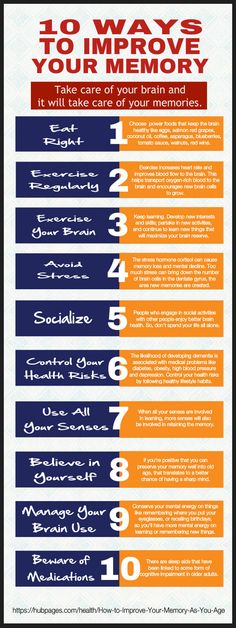 Dementia usually involves the onset of chronic cognitive problems such as problems with memory, speech, behavior, etc. There are various types of dementia, but the most common form is Alzheimer's disease.
Dementia usually involves the onset of chronic cognitive problems such as problems with memory, speech, behavior, etc. There are various types of dementia, but the most common form is Alzheimer's disease. - Memory loss caused by Alzheimer's disease In this disease, a protein called "beta-amyloid" accumulates in neurons, forming senile plaques, until these neurons lose their vitality. This leads to a gradual and severe deterioration in memory, problems with orientation (patients often do not know what day it is and where they are), difficulties in calculations and, in general, with the performance of daily tasks. The severity of the disease varies depending on the stage at which the patient is. In the mild stage, a person with Alzheimer's disease may show significant memory loss, become lost in a familiar place, withdraw from routine activities and conversations, forget dates, and exhibit symptoms of depression and hostility. In the moderate stage, cases of memory loss are most prominent, sufferers may forget names or things that happened a few minutes ago, have difficulty shopping or preparing food, may neglect personal hygiene, have speech problems or show aggression, tend to forget their way, and eventually, their daily life becomes impossible without outside help.
 In the advanced stage, patients may have problems with eating or understanding simple information, they do not recognize relatives and friends, and behave inappropriately in public. At this stage, the person becomes completely dependent.
In the advanced stage, patients may have problems with eating or understanding simple information, they do not recognize relatives and friends, and behave inappropriately in public. At this stage, the person becomes completely dependent.
Prevention of memory loss
How to prevent memory loss? Factors that have been shown to be most effective in preventing or slowing the progress of Alzheimer's and other memory problems are healthy sleep , proper nutrition , exercise , an active social life and cognitive activity . Our brain functions like a muscle: the more actively we use it, the better its condition will be. Conversely, if our brain is not getting enough nutrition and oxygen through exercise, and if we do not apply our social and cognitive abilities, there will be a tendency to atrophy. For this reason, an active and healthy lifestyle can be very beneficial for our memory.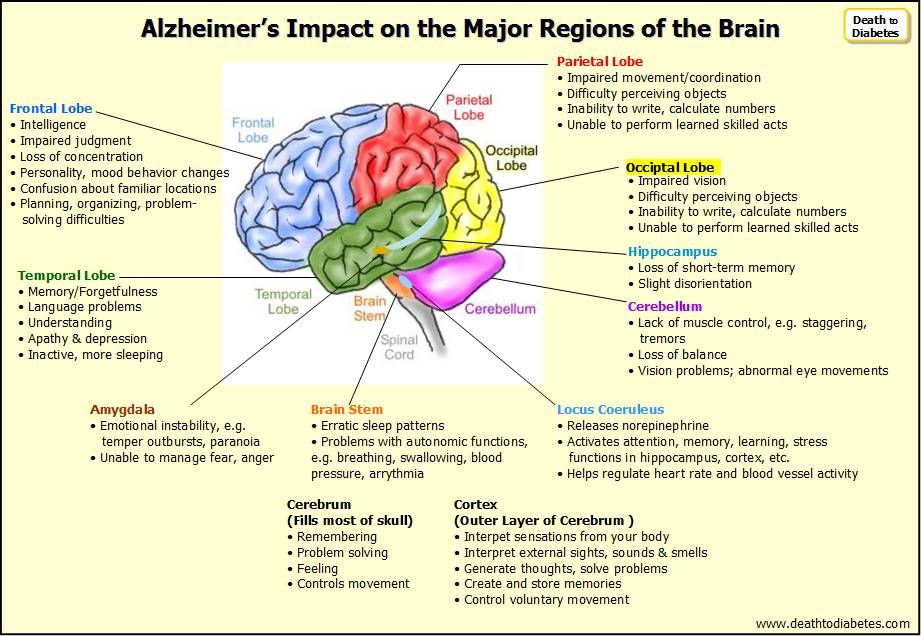 CogniFit offers a wide range of scientifically proven exercises to keep your brain active and improve your cognitive abilities. In addition, cognitive activity not only strengthens memory in adults and the elderly, but can also contribute to the development of intellectual abilities in children and young people.
CogniFit offers a wide range of scientifically proven exercises to keep your brain active and improve your cognitive abilities. In addition, cognitive activity not only strengthens memory in adults and the elderly, but can also contribute to the development of intellectual abilities in children and young people.
Cognitive Stimulation allows you to stimulate, train and strengthen various cognitive abilities such as attention, perception, memory, speech and executive functions. These are precisely the abilities that can be impaired in dementia and other diseases associated with memory loss. By doing exercises that involve various cognitive abilities, we help the brain to strengthen neural connections, preventing damage to it. However, cognitive stimulation cannot be random, it needs to be applied with reliable techniques and detailed organization, according to the needs of each patient. CogniFit focuses on personalizing your exercise program to maximize your workouts and help prevent cognitive problems.
In addition, proper sleep patterns and frequent reading help keep your memory in good condition. Of course, it is necessary to give up bad habits associated with the use of alcohol, tobacco or other drugs - this will help strengthen both memory and overall health.
When should you seek help? Detect and evaluate memory problems
It is very common for people with memory problems to be unaware of their existence, so these problems are usually first discovered by their relatives.
On the other hand, people prone to anxiety and depression can dwell on their mistakes. Often they overestimate their forgetfulness, thinking that they have memory problems, but this is far from always the case. If we sometimes suddenly forget the name of an object or the name of a person with whom we usually communicate a lot, or forget why we went to the room or where we left the keys, or forget to take lunch to work - this is not a cause for concern.
However, if the person is having trouble doing daily tasks, or if they seem confused and disoriented, it is time to see a doctor. It is recommended to write down all the information about the course of the impairment: when did the memory problems start, what kind of deterioration was observed, what type of information is forgotten, how it affects daily, social and work life. The attending physician must make an accurate diagnosis and determine whether the patient has memory problems, and if so, what kind of problems they are. When in doubt, it is always best to consult a specialist.
It is recommended to write down all the information about the course of the impairment: when did the memory problems start, what kind of deterioration was observed, what type of information is forgotten, how it affects daily, social and work life. The attending physician must make an accurate diagnosis and determine whether the patient has memory problems, and if so, what kind of problems they are. When in doubt, it is always best to consult a specialist.
However, short-term episodes of memory loss do not mean that we are talking about serious memory problems, not to mention Alzheimer's disease. We all forget something from time to time, and this is normal (mild memory loss). Our brain has to forget something in order to process new information correctly.
How to treat or reduce memory loss?
Treatment of dementia should be carried out from a multidisciplinary point of view. Depending on the type of disease, the phase in which the patient is located, and specific characteristics of the patient, the participation of a neurologist, family doctor, internist, geriatrician, psychologist, neuropsychologist, speech therapist, physiotherapist, occupational therapist and nursing staff may be required .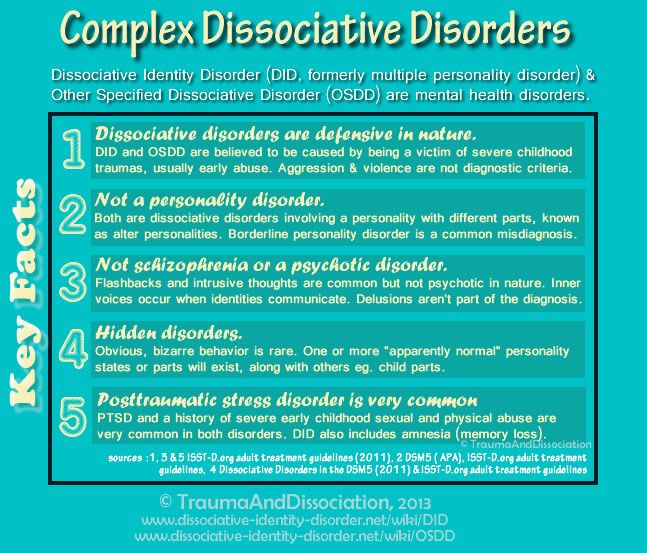
In the case of Alzheimer's disease, the attending physician must develop an appropriate diagnosis and treatment. In addition, exercises for cognitive stimulation of the brain of patients with Alzheimer's disease at an early stage can be included in the treatment program. In more advanced stages, as a rule, other types of treatment are used, including medication. Despite the fact that Alzheimer's disease is currently considered incurable, these drugs are aimed at maintaining the patient's impaired abilities and behavioral problems associated with this disease.
In addition, taking preventive measures can help slow the progression of dementia once such a diagnosis has been made. Combining drug treatment with proper diet, exercise, social life and cognitive stimulation helps to minimize the effects of dementia in the patient's daily life.
What if a family member has memory loss?
In case of undiagnosed memory problems with a friend of yours, you should recommend 0004 contact specialist .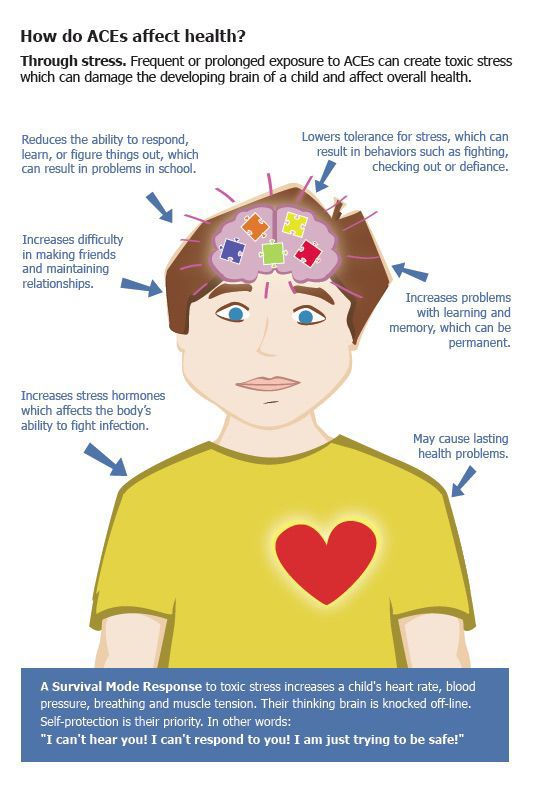 It is normal to receive a rejection of offered care, as many patients are not aware of their problems. Therefore, one should approach this issue with patience and caution .
It is normal to receive a rejection of offered care, as many patients are not aware of their problems. Therefore, one should approach this issue with patience and caution .
Once the doctor has made a diagnosis, follow his instructions. If this is a mild stage of the disease, we must help this person to carry out daily tasks both at home and socially. One of the main problems of Alzheimer's disease is temporary disorientation, so it is important to place clocks and calendars in the patient's field of vision. Despite the fact that the disease interferes with the learning process, it is strongly recommended to accustom the patient to use a diary and not reduce the usual volume of tasks. Close people should help him follow the doctor's recommendations, take the pills correctly and carry out the activities associated with the treatment. It can be very difficult for a patient to accept their diagnosis. Therefore, it is very important to him emotional support for loved ones, so that the situation is not perceived so painfully.